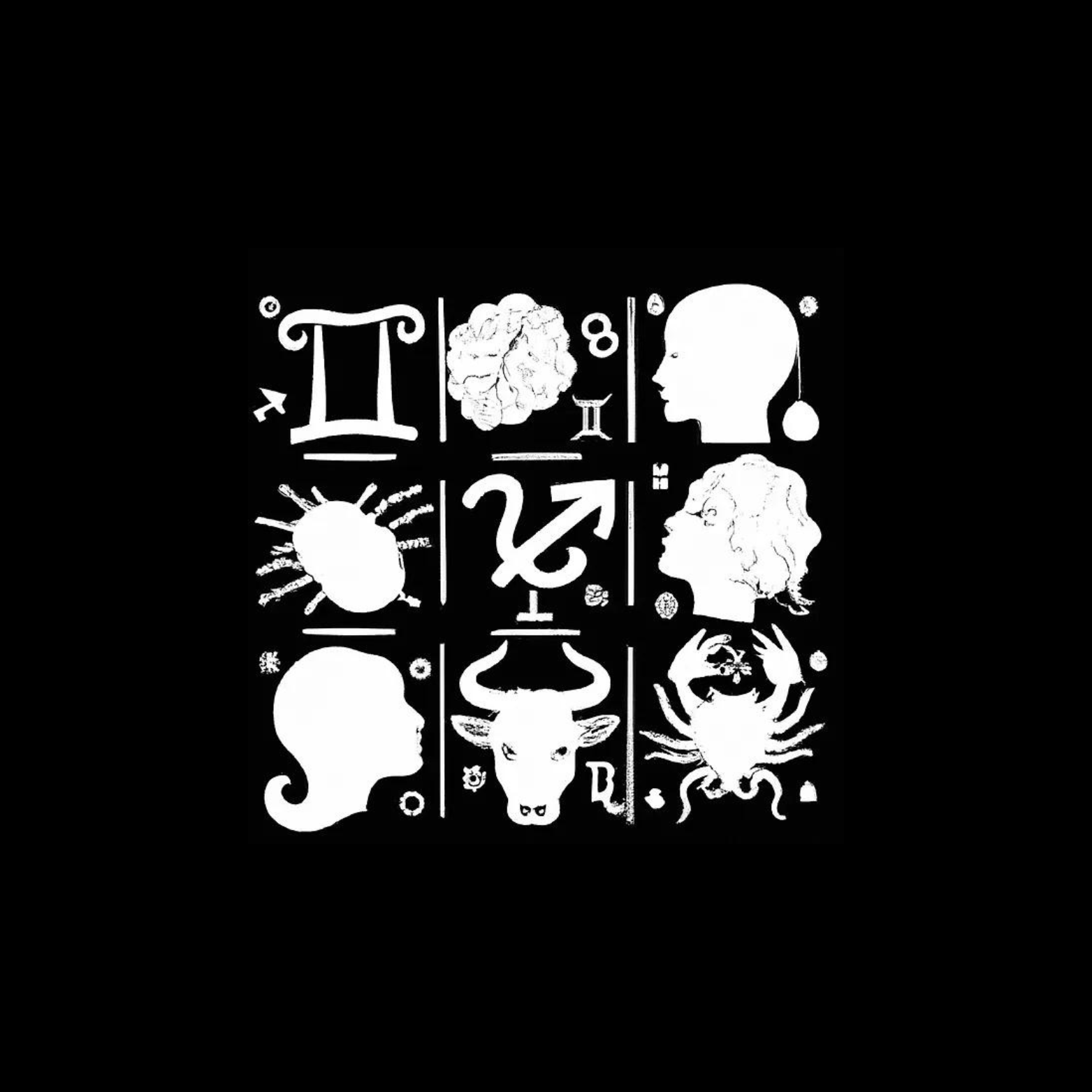Your basket is currently empty!
Astrological Factors That Indicate Potential Mental Health Issues
Astrology, an ancient practice that examines the cosmic influences on human behavior and destiny, has long been associated with various aspects of human life, including mental health. While astrology does not provide a definitive diagnosis or treatment for mental health conditions, it can offer insights into possible predispositions or tendencies that may be present in an individual’s birth chart.
One aspect in astrology that may point to possible mental health concerns is the placement of the Moon. The Moon represents emotions, feelings, and the subconscious mind. Challenging aspects, such as squares or oppositions to other planets, could indicate emotional volatility or difficulty in managing emotions, potentially leading to mental health issues such as anxiety or mood disorders.
Similarly, the position of Mercury, the planet of communication and cognition, may provide insights into mental health tendencies. Afflicted Mercury placements, such as retrograde or square aspects, could suggest challenges in processing information, expressing thoughts, or experiencing difficulties with mental clarity, which may be associated with conditions like ADHD or learning disabilities.
The influence of outer planets, such as Uranus, Neptune, and Pluto, can also shed light on potential mental health factors. These planets are associated with transformation, spirituality, and the unconscious mind. Strong aspects involving these planets, especially conjunctions or squares, may indicate a propensity for intense psychological experiences, spiritual crises, or even issues related to addiction or compulsive behaviors.
Astrology can also offer a sense of comfort and understanding for those navigating mental health challenges. By providing a framework through which individuals can explore their emotions and behaviors, astrology can foster a greater sense of self-awareness and personal growth. For many, the symbolic language of astrology serves as a tool for reflection and introspection, encouraging a deeper connection with oneself and the universe.
Moreover, the supportive communities that often form around astrology can be a source of shared experiences and emotional support. Engaging with others who have similar interests can help reduce feelings of isolation and promote a sense of belonging, which is vital for mental well-being.
While astrology offers these potential benefits, it is essential to approach it with a balanced perspective. Recognizing its limitations and integrating its insights with evidence-based mental health practices can lead to a more holistic approach to well-being. By combining the wisdom of astrology with professional guidance, individuals can navigate their mental health journey with both cosmic insight and practical support.
It is important to note that astrology should not be used as a substitute for professional mental health diagnosis or treatment. The presence of challenging aspects does not guarantee the development of mental health issues, as it is just one component of a complex interplay of factors. Consulting with a qualified mental health professional is essential for a comprehensive understanding and support regarding mental health concerns.

Leave a Reply